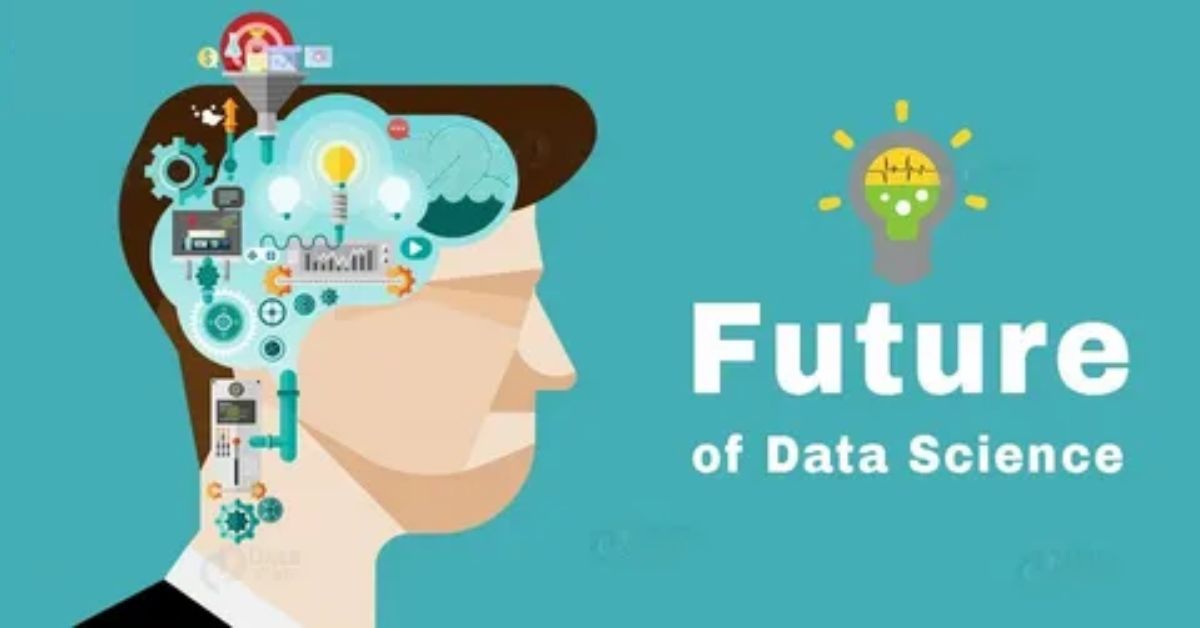Neuro-Data Science: Introduction
Neuro-Data Science: In the modern era, where Science data drives every facet of innovation, neuro-data Data science is emerging as a pivotal field, bridging the gap between neuroscience and data analytics. This interdisciplinary domain promises to revolutionize our understanding of the brain and reshape various industries by integrating sophisticated data science techniques with neurological research.
What is neuro-data science?
Neuro data science is a burgeoning field that leverages advanced data science methods to analyze and interpret complex neurological data. It combines elements from neuroscience, computer science, statistics, and artificial intelligence to uncover insights about brain function, cognitive processes, and neurological disorders. By applying machine learning algorithms, big data sciences analytics, and computational models, Neuro Data Sciences seeks to decode the brain’s intricate patterns and functionalities.
Why is neuro-data science important?
1. Advancing Neuroscientific Research:
Traditional neuroscience research often relies on qualitative observations and basic quantitative methods. Neuro Data Sciences transforms this approach by using high-dimensional data and advanced analytics to identify subtle patterns and correlations. This leads to a more profound understanding of neural mechanisms and cognitive functions.
2. Enhancing Medical Diagnosis and Treatment:
In clinical settings, neuro data science plays a crucial role in diagnosing and treating neurological conditions. For instance, machine learning models can analyze brain scans to detect early signs of
3. Revolutionizing Brain-Computer Interfaces:
Brain-computer interfaces (BCIs) are at the forefront of neuro-data sciences. By decoding neural signals, BCIs enable direct communication between the brain and external devices. This technology has profound implications for individuals with motor impairments, offering new ways to interact with their environment through thought alone.
4. Improving Cognitive Enhancement:
Neuro data sciences also contribute to cognitive enhancement through neurofeedback and brain training programs. By analyzing real-time brain activity, personalized interventions can be designed to improve mental performance, focus, and emotional regulation.
Key Techniques and Technologies
1. Functional MRI and EEG Analysis:
Functional magnetic resonance imaging (fMRI) and electroencephalography (EEG) are critical tools in the neurosciences. These imaging techniques provide detailed views of brain activity and connectivity. Advanced data processing algorithms are applied to these images to map brain networks and identify biomarkers for various neurological conditions.
2. Machine learning and deep learning:
Machine learning algorithms are employed to analyze complex datasets derived from brain imaging, genetic information, and cognitive assessments. Deep learning, a subset of machine learning, uses neural networks to model and predict brain functions, providing insights into how different regions of the brain interact and contribute to behavior.
3. Big Data Science Analytics:
The brain generates an immense amount of data that can be challenging to analyze manually. Big data analytics platforms process and interpret these vast datasets, uncovering trends and patterns that might not be visible through conventional methods.
Challenges and Future Directions
Despite its promise, neuro data science faces several challenges. Neuro Data Science privacy and ethical considerations are paramount, given the sensitive nature of neurological data. Additionally, the complexity of brain data requires robust models and interdisciplinary collaboration to ensure accurate and reliable results.
Looking forward, neuro data science holds the potential to unlock new frontiers in understanding the brain. As technology advances and more data becomes available, the field will continue to evolve, offering transformative insights into the neural basis of behavior, cognition, and disease.
Conclusion
In conclusion, neuro data science represents a significant leap forward in neuroscience, harnessing the power of data science to explore the most complex organ in the human body. Its impact on research, clinical practice, and technology is set to redefine our approach to understanding and enhancing the human brain, paving the way for groundbreaking discoveries and innovations.
